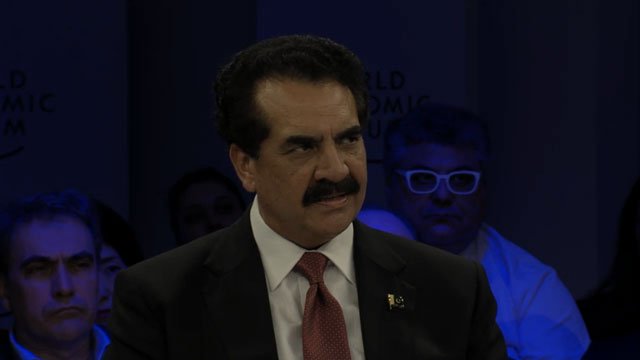

General (retd) Sharif spoke of the success of the military courts as a tool to combat terrorism — failing to mention that the courts were not transparent, never open to public scrutiny and delivered their verdicts anonymously. The government is currently mulling whether to extend the life of the military courts their mandate having expired on 7th January. It will be recalled that the courts were established to give the government time to enact revisions in the justice system — which it has not done — and now the state hovers between opaque military courts and a justice system that all sides admit to be flawed.
The hole in the General’s argument that ‘unusual times require unusual arrangements’ and that human rights and freedom of speech can be an impediment to the fight against extremism, is that a balance must be struck between civil and military needs and that those freedoms of expression and human rights are at the core of state values and must not be eroded whatever the supposed justification. Once lost they are difficult to regain, their dilution is to the detriment of wider society and the integrity of the state and if necessity does require a suspension of those rights then it must be temporary. Very temporary. The General (retd) is entitled to his views and their robust expression and we entirely support his purely military perspective in a long, complicated and costly battle. That said there must be no surrender of the fundamentals of mature statehood, and military imperatives are not the only paradigm in play.
Published in The Express Tribune, January 19th, 2017.
Like Opinion & Editorial on Facebook, follow @ETOpEd on Twitter to receive all updates on all our daily pieces.












COMMENTS (4)
Comments are moderated and generally will be posted if they are on-topic and not abusive.
For more information, please see our Comments FAQ